Assessing Coral Reef Health & Resiliency
Science-based assessments to guide coral reef conservation
Assessing Coral Reef Health & Resiliency
Science-based assessments to guide coral reef conservation
About the Project
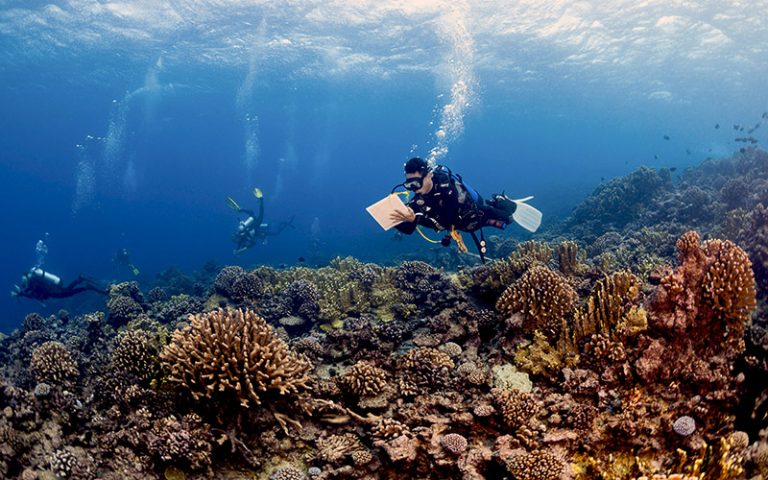
Building Knowledge to Safeguard Coral Reefs
For more than 25 years, the Khaled bin Sultan Living Oceans Foundation has been at the forefront of assessing coral reef health and resiliency. Our scientists pioneered the use of standardized survey methods during the Global Reef Expedition, collecting some of the largest and most comparable datasets on coral reef ecosystems ever assembled. These methods — including benthic photo transects, point-intercept transects, and fish surveys — allow us to measure coral cover, biodiversity, and fish populations to better understand the health of a reef.
But reef health is only part of the story. What matters most for conservation is a reef’s resiliency — its ability to recover from disturbances such as coral bleaching, cyclones, or outbreaks of crown-of-thorns starfish. Identifying reefs most likely to survive in a changing climate allows us to prioritize protection where it will matter most.
We have partnered with scientists at the University of Miami to explore models of reef resiliency and continue to invite collaboration to refine and expand this work. Through projects such as our Global Reef Expedition, Red Sea Expedition, and Protist Prophets, we are building a more complete picture of how reefs respond to stress and change over time.
Ultimately, this work informs coral reef conservation strategies so reefs can thrive for generations to come — sustaining the food security, livelihoods, and coastal protection of the communities that depend upon them.

RESEARCH GOALS
Develop Reliable Models for Assessing Coral Reef Resiliency
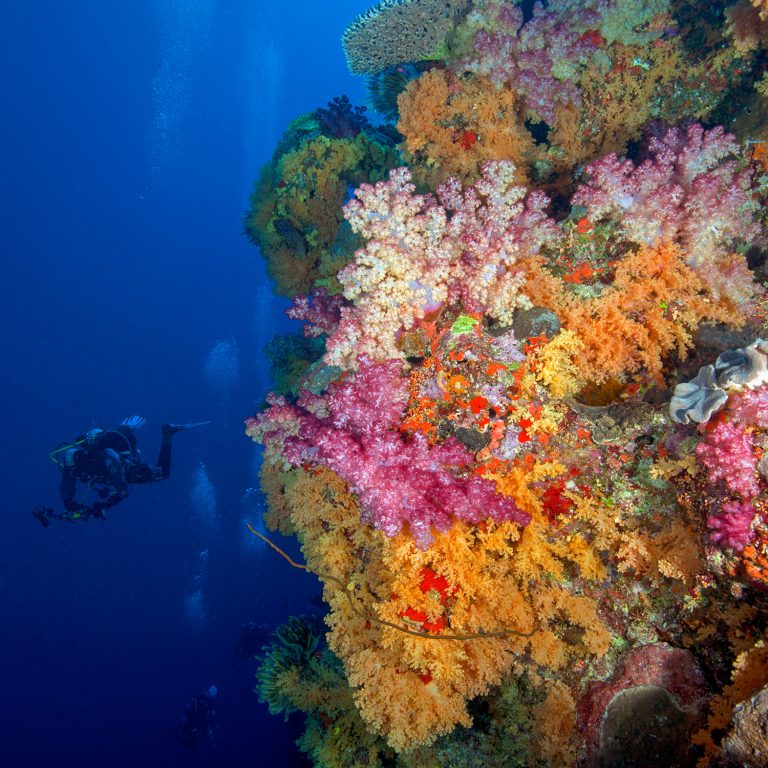
Resiliency is the key to predicting whether a reef will recover after major disturbance events such as mass coral bleaching events, cyclones, disease, or outbreaks of crown-of-thorns starfish. Working with partners like the University of Miami, we aim to refine models that integrate ecological, biological, and environmental data to better forecast reef futures. By developing reliable resiliency models, we can help managers identify reefs most likely to survive in a changing ocean, guiding smarter, science-based conservation investments that safeguard reefs where they are most likely to endure.

Apply Standardized Survey Methods to Track Coral Reef Health Worldwide
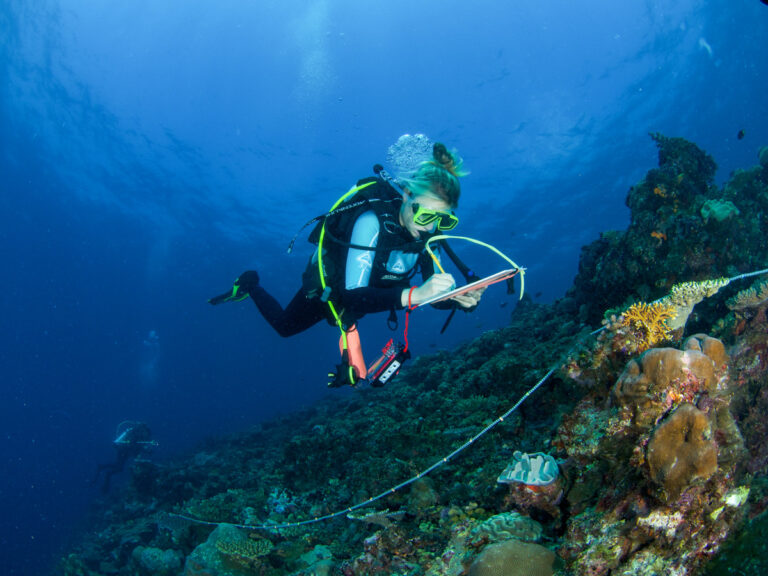
Our expertise lies in conducting comprehensive and standardized reef surveys that allow scientists to compare reef conditions across regions and time. Using methods refined during the Global Reef Expedition, we collect critical data on coral cover, fish biomass, and benthic composition. These standardized approaches provide powerful, comparable datasets that reveal both global patterns and local challenges. By continuing to apply these methods, we can help researchers, managers, and governments monitor reef health, identify emerging threats, and track the effectiveness of conservation efforts over time.

Identify Reefs Most Likely to Survive in a Rapidly Changing Climate
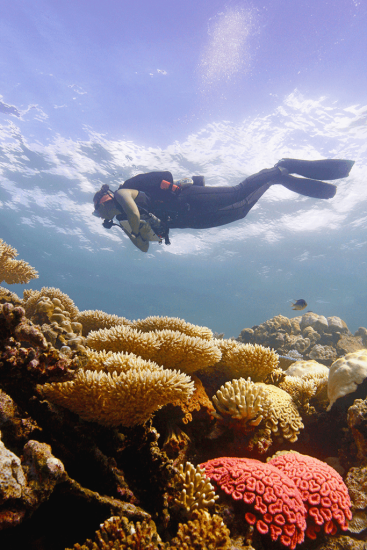
Not all reefs are equally vulnerable. Some possess natural advantages that make them more resilient to stress. Reefs influenced by cooler waters from upwelling or strong currents, or those in deeper or shaded areas, are often less affected by rising ocean temperatures. Resiliency can also come from the broader ecosystem: corals that host heat-tolerant symbiotic algae, reefs with high genetic diversity, or communities rich in herbivorous fish that keep algae growth in check. Connectivity further strengthens recovery, as reefs linked to healthier neighbors can be replenished with new coral larvae after disturbance. By identifying reefs with these natural advantages — the ones most likely to withstand climate change and rebound after bleaching or storms — we can prioritize protection and focus conservation efforts where they will make the greatest long-term impact.

Share Findings to Guide Global Coral Reef Conservation Strategies
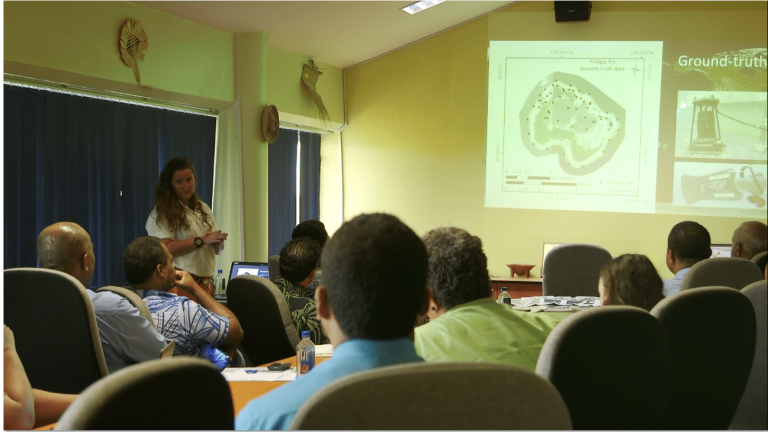
Science is only as powerful as its application. The Foundation is committed to sharing findings broadly with the global community — from publishing peer-reviewed research to working directly with conservation organizations and governments. Our goal is to ensure that the knowledge gained from our reef health and resiliency work informs conservation policies and practices worldwide. By translating science into action, we help chart a course for coral reefs to survive and thrive in the face of unprecedented challenges.

WORK WITH US
Opportunities for Collaboration
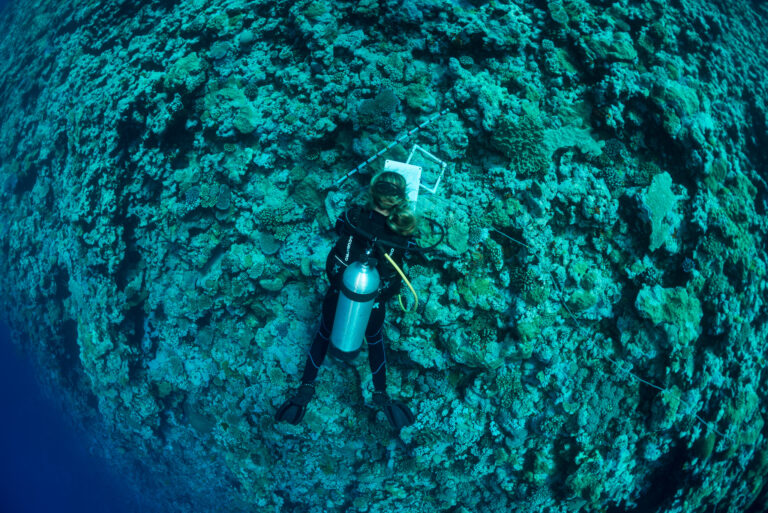
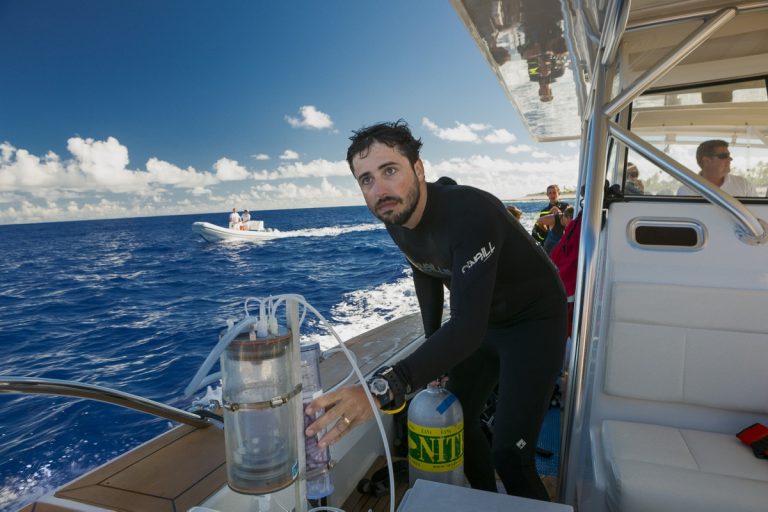
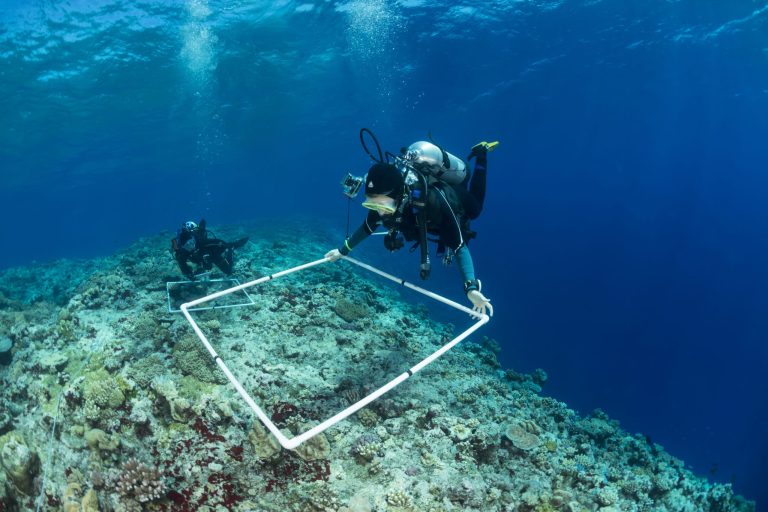
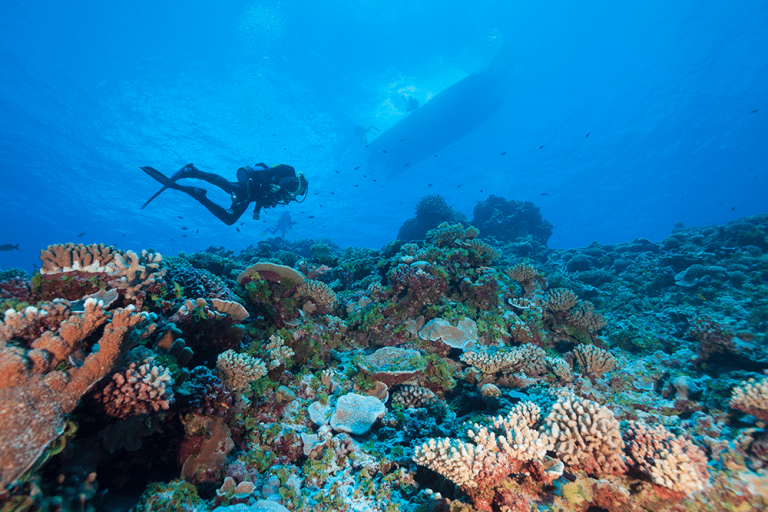
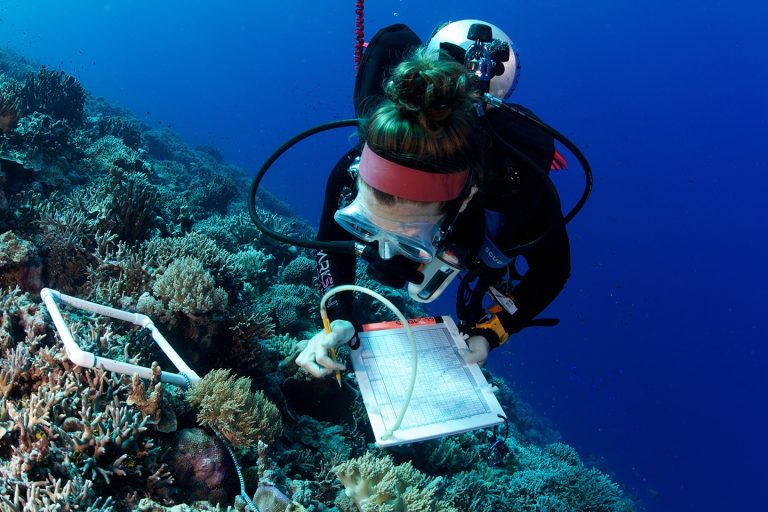
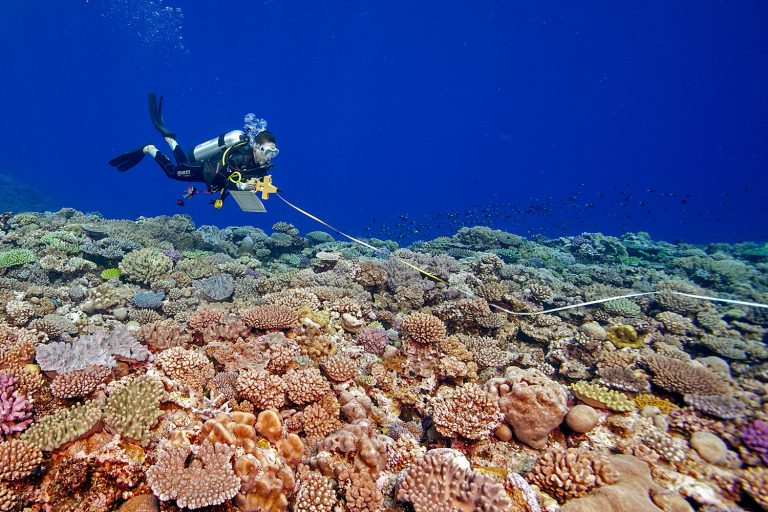
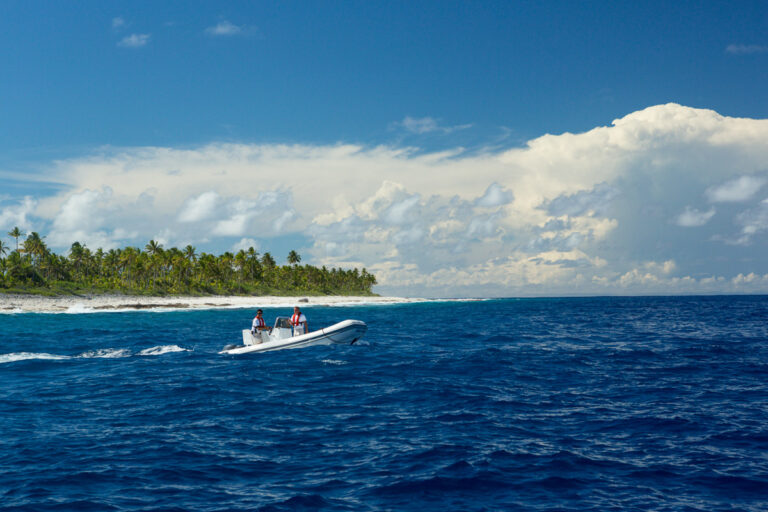
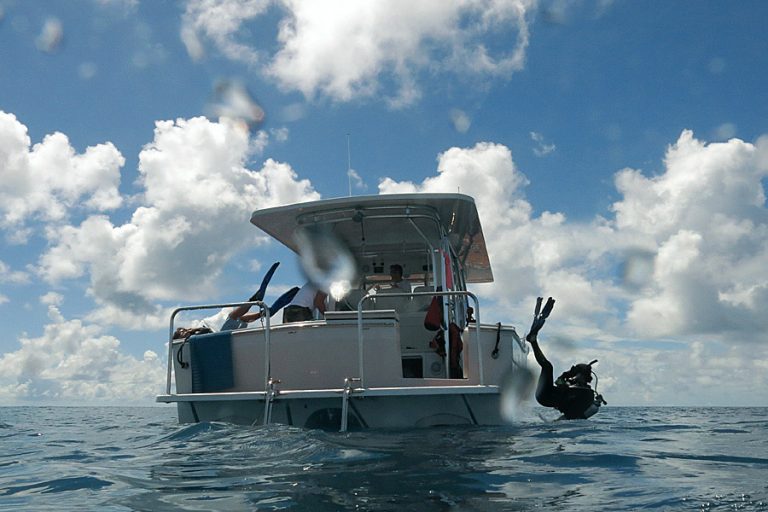
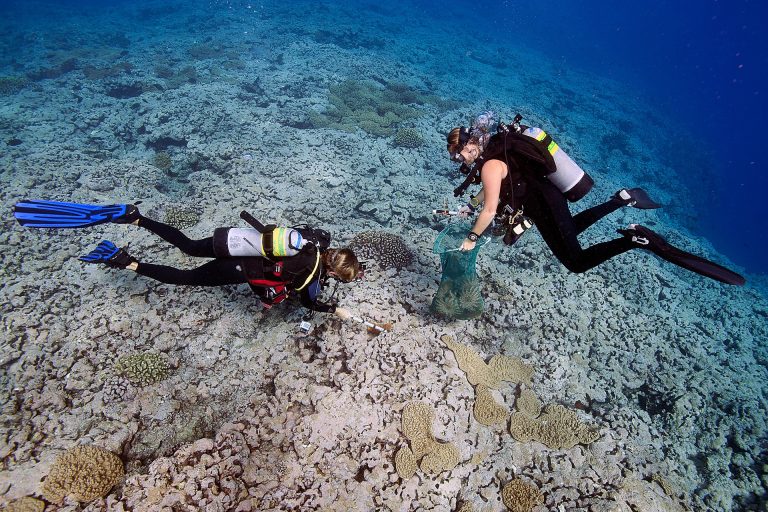
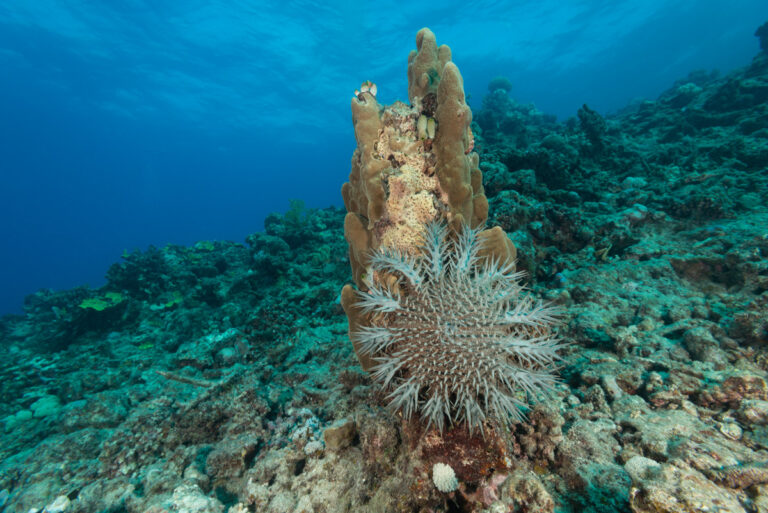
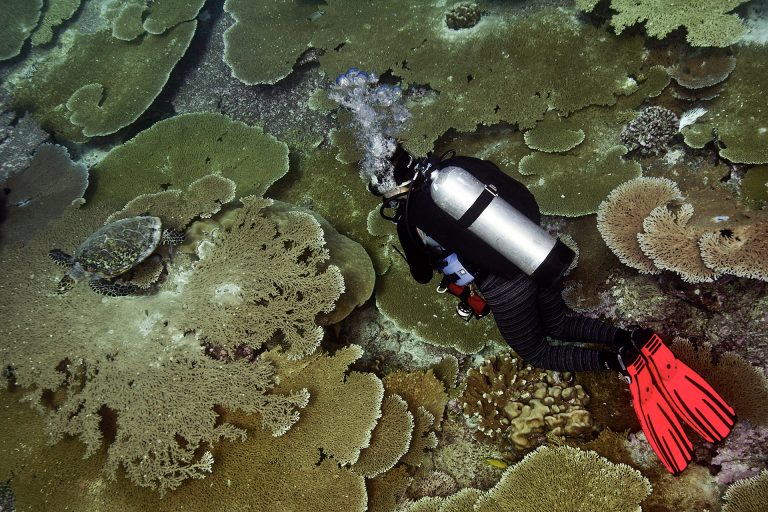
The Khaled bin Sultan Living Oceans Foundation welcomes opportunities to collaborate with scientists, NGOs, and government agencies to advance the science of coral reef health and resiliency. Our expertise in conducting standardized reef surveys, combined with one of the largest global coral reef datasets collected during the Global Reef Expedition, provides a unique foundation for collaborative research.
We are eager to partner on projects that use these data to refine models of reef resiliency, explore environmental and biological factors that influence reef survival, and design innovative monitoring and conservation strategies. Our work with the University of Miami on projects such as Protist Prophets demonstrates the value of cross-disciplinary collaboration in developing new ways to understand reef health over both short and long timescales.
Partnerships are essential to applying this science in meaningful ways. Whether through joint field missions, data analysis, or conservation planning, collaboration allows us to translate cutting-edge reef science into actionable strategies that protect coral reefs — and the people and communities that depend upon them — for generations to come.











Request the Use of Our Data
The Living Oceans Foundation provides opportunities for scientists, governments, and conservation organizations to use our data to protect coral reefs and other coastal marine ecosystems. If you are interested in using our data to support your marine conservation initiatives, we invite you to fill out a data request form to access these valuable resources.
Partners
University of Miami
The University of Miami has been a key scientific partner of the Khaled bin Sultan Living Oceans Foundation since the launch of the Global Reef Expedition. Together, we created the world’s largest collection of high-resolution coral reef habitat maps, providing an essential baseline for reef monitoring and management. Our ongoing collaboration includes developing a global coral reef health index and associated educational resources, and conducting cutting-edge research on reef resilience in the face of climate change. This partnership continues to advance the science needed to protect and restore coral reefs around the world.
National Science Foundation
This project is generously funded by a grant, under award number SGP 17-536, from the National Science Foundation (NSF), a U.S. government agency that supports fundamental research and education in science and engineering.
Latest Updates
Support Our Work
Coral Reef Health & Resiliency
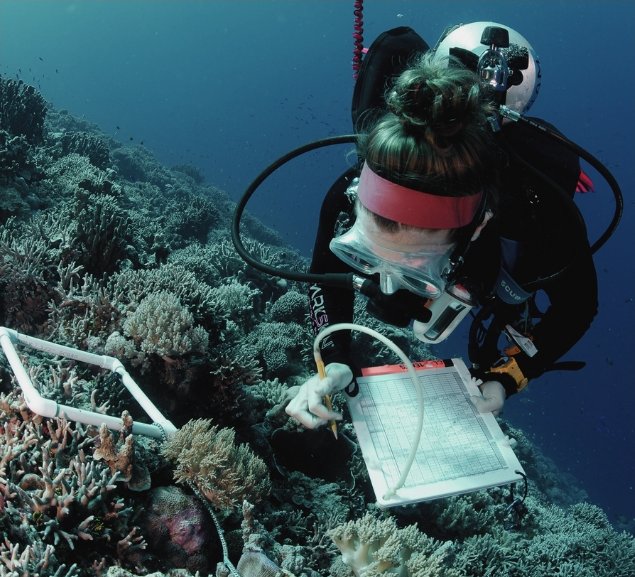
Support the Living Oceans Foundation’s work to assess the state of coral reefs and identify which reefs are most likely to survive in a rapidly changing world.
Our research on coral reef health and resiliency can identify priority sites for conservation and help organizations focus their limited resources where they can make the biggest impact.
These research efforts overwhelmingly target places where people rely on healthy reefs for food and income.



